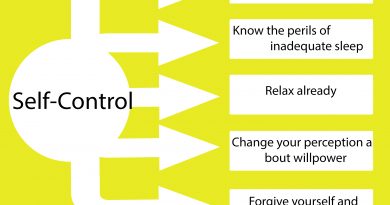A Guide to Healthy Eating
What we eat has a significant impact on our overall health and well-being. A balanced diet rich in nutrients can help prevent chronic diseases and maintain a healthy weight. However, with so much conflicting information about what to eat and what to avoid, it can be challenging to know where to start.
In this article, we’ll provide some food and dietary instructions to help you make healthy choices for yourself and your family.
Eat a Variety of Foods
Eating a variety of foods is essential to ensure you get all the nutrients your body needs. Make sure to include fruits, vegetables, whole grains, lean proteins, and healthy fats in your diet. Aim to eat a rainbow of colors to ensure you’re getting a variety of vitamins and minerals.
Watch Your Portion Sizes
Portion control is critical when it comes to maintaining a healthy weight. Use a smaller plate or bowl to help control your portions, and avoid eating straight from the package, as it can be easy to overeat.
Limit Processed Foods
Processed foods are often high in calories, salt, and sugar, and low in nutrients. Try to limit your intake of processed foods and focus on whole, unprocessed foods instead.
Stay Hydrated
Drinking plenty of water is essential for good health. Aim to drink at least eight glasses of water a day, and avoid sugary drinks like soda, which can be high in calories and contribute to weight gain.
Be Mindful of Your Eating Habits
Eating mindfully means being present and paying attention to your food and your body’s cues. Avoid distractions like TV or your phone while eating, and eat slowly and chew your food thoroughly. This can help you feel fuller and more satisfied with smaller portions.
Plan Your Meals
Planning your meals ahead of time can help you make healthier choices and avoid last-minute decisions that may not be as nutritious. Make a grocery list and stick to it, and prepare healthy snacks to have on hand for when hunger strikes.
Seek Professional Advice
If you have specific dietary needs or health concerns, it’s essential to seek professional advice. A registered dietitian can help you create a personalized eating plan that meets your individual needs and goals.
In conclusion, following these food and dietary instructions can help you make healthier choices and improve your overall health and well-being. Remember to eat a variety of foods, watch your portion sizes, limit processed foods, stay hydrated, be mindful of your eating habits, plan your meals, and seek professional advice if needed. By making these simple changes, you can start on the path to a healthier lifestyle.





